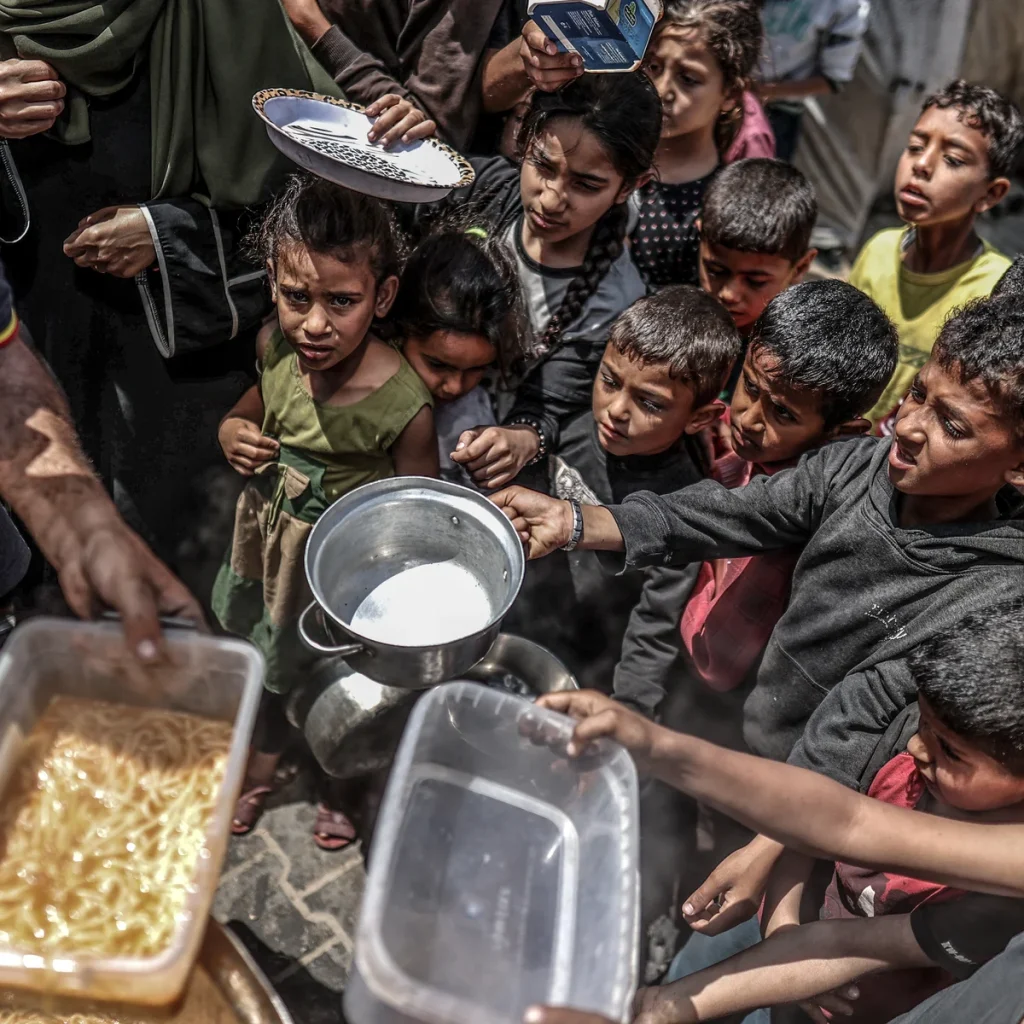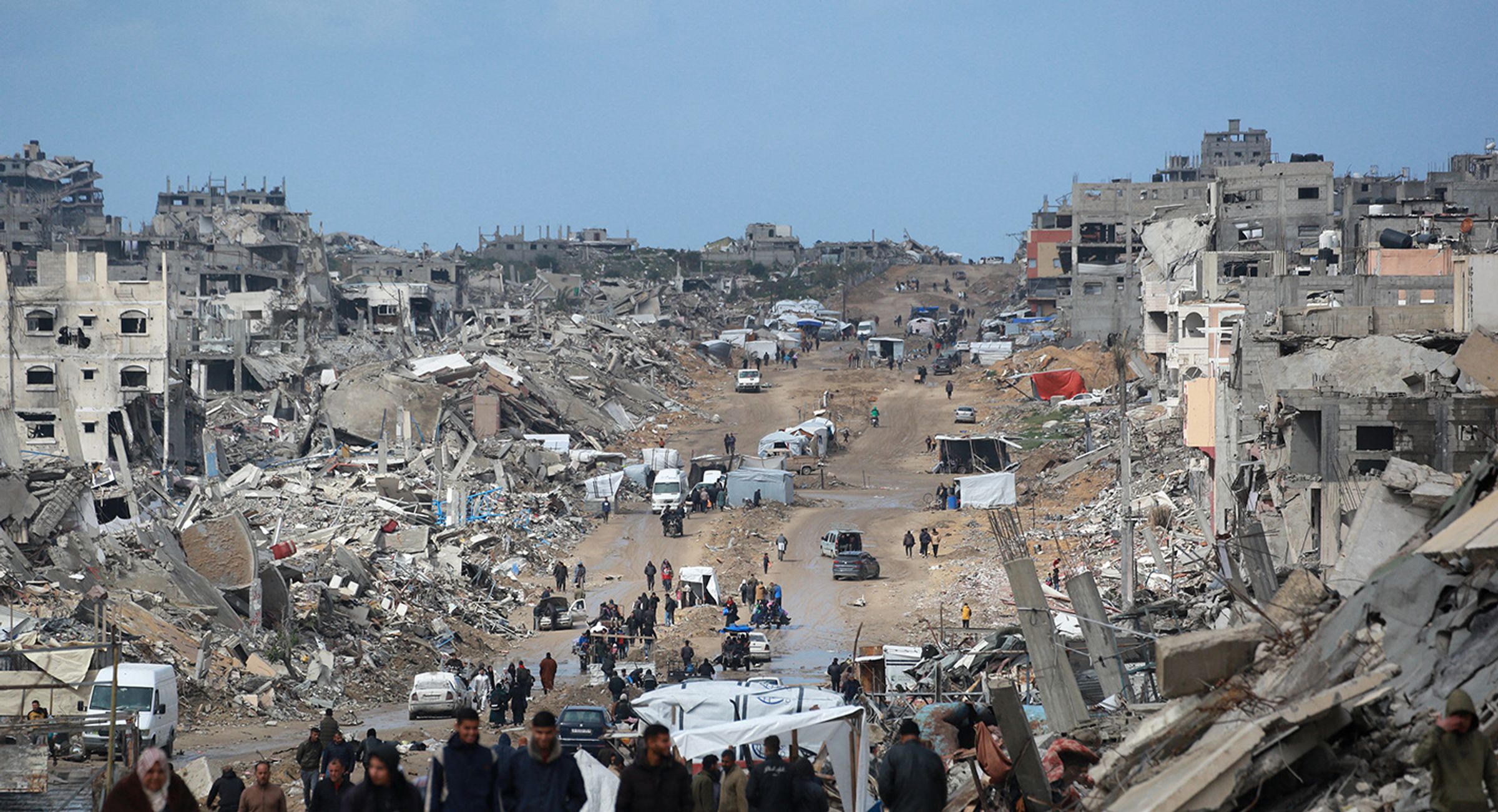Mediators have been working since July 6 to broker a ceasefire in Gaza, where nearly two years of conflict have led to growing fears of widespread starvation.
Despite mounting humanitarian pressure and more than two weeks of back-and-forth efforts by Qatar, Egypt, and the United States, they remain at a standstill due to persistent demands from both Israeli and Hamas negotiators.
Sticking Points in Negotiations
The current proposal on the table includes a 60-day ceasefire and the release of 10 living hostages in exchange for hundreds of Palestinian prisoners.
However, Hamas insists that any agreement must guarantee a lasting end to the war, a demand that Israel flatly rejects.
Israel, conversely, maintains that Hamas must relinquish its capacity to fight or govern as a prerequisite for peace.
According to Karim Bitar, a Middle Eastern studies lecturer at Paris’s Sciences Po university, both Israeli Prime Minister Benjamin Netanyahu and Hamas leaders in Gaza face significant domestic political pressures.
He suggests that neither side has a vested interest in a swift, comprehensive ceasefire, as it would force them to “answer serious questions from their constituencies.”

Impact of Ongoing Conflict and Internal Divisions
The ongoing military operations are also affecting the talks.
Despite Israeli officials expressing openness to compromise, Israeli forces have expanded ground offensives into previously untouched areas of Gaza this week.
Reports from Israeli media suggest that Hamas negotiators in Doha are struggling to communicate directly with the military leadership in Gaza to approve Israeli pullback maps. This logistical challenge exacerbates existing rifts within the militant group.
Andreas Krieg, a Middle East analyst at King’s College London, believes that while talks are “technically progressing,” they are “approaching a stalemate.”
He views the current proposal as primarily a “prisoner swap deal, not a real ceasefire deal.”
Hamas faces a dilemma: immense pressure to secure Israeli concessions while simultaneously grappling with the drastically deteriorating humanitarian situation.
Krieg suggests the leadership may be debating how much to compromise without appearing to surrender politically.
Will Starvation Force a Deal?
The humanitarian crisis in Gaza is dire, with over two million people facing severe food shortages. More than 100 NGOs have warned of “mass starvation,” and the head of Gaza’s largest hospital recently reported 21 child deaths from malnutrition and starvation in just three days.
This escalating humanitarian crisis is placing immense pressure on Hamas.
Krieg notes that “rising desperation among the population could force it to accept an interim deal to alleviate suffering.”
However, even if Hamas makes concessions, Israel currently holds the upper hand. A lasting ceasefire, Bitar warns, can only occur if Israel desires one.
He concludes that unless the United States and Qatar significantly increase their pressure on Israel, this round of negotiations, like previous ones, is likely to fail.


 Trending
Trending 
